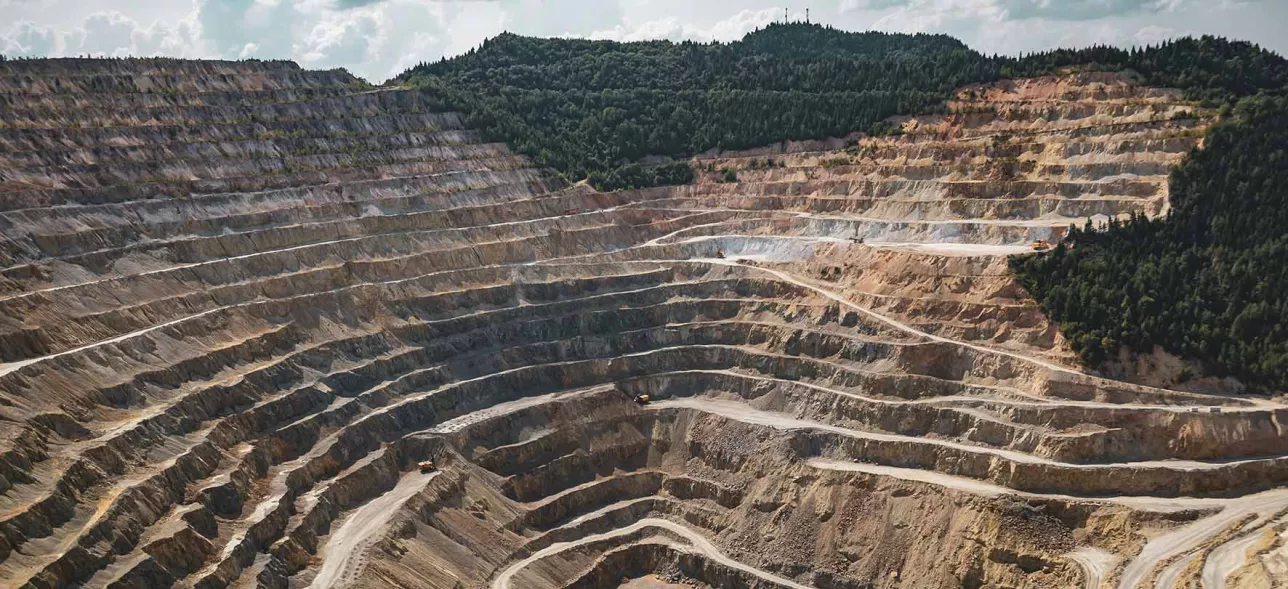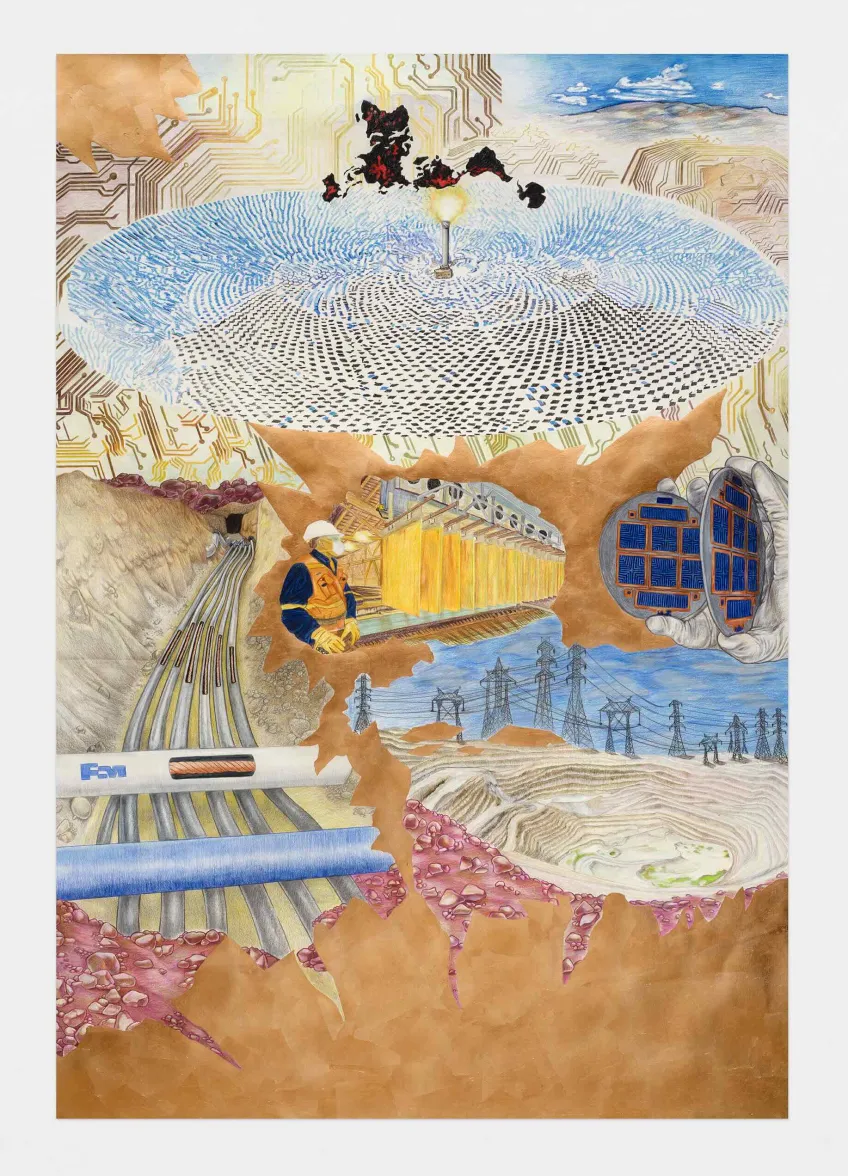Extractivism Research Network

Scientific evidence shows that extractivism, as a development model reliant on the extraction of natural resources, has significant impacts on communities and ecosystems in the Global South, but also in the Global North. The members of the Extractivism Research Network share an interest in understanding how extractivism plays out in shaping development prospects both empirically and theoretically.
Meeting regularly since 2023, participants of the network conduct research in different geographical contexts and scales, using a range of methods and analytical framings. This rich pool of research experience positions the group perfectly to explore future comparative research projects and contribute to the on-going debates on extractivism and development.
The aim of this network is to consolidate research on extractivism & development at Lund University. The activities of the members are aimed at:
- Enhancing knowledge of extractivism through South-South and South-North dialogue, benefiting our research team and students.
- Developing a global perspective on extractivism, informed by intellectual transnational contexts.
- Strengthening relationships with leading international scholars, paving the way for future collaborations.
- Supporting PhD candidates through personalized feedback and workshops, enhancing their research quality and international exposure.
Projects
After the Gold Rush: Informal Resource Extraction in the Shadows of ’Global China’
A just TRANSport TRANSformation? A TRANSnational, FEMinist analysis of the social reproduction of the lithium and copper supply chain.
ECO-Syria: Exploring Conflict-Environment Interactions for Sustainable Development and Conservation
Frontier Settlements: Territories of artisan mining labour in Africa
Mine artisanale et souveraineté: problème global, perspectives citoyennes locales
S(TEDELIJK)ZINE: Extractivism Everywhere
The politics of mineral extraction: Ghana's Artisanal and Small-Scale Mining Sector in perspective
Women’s resistance to extractivism. A transnational embodied framework for analysis.

Interested in our research? Please contact us
Martina Angela Caretta
Associate Professor, Docent
martina_angela [dot] caretta [at] keg [dot] lu [dot] se (martina_angela[dot]caretta[at]keg[dot]lu[dot]se)
Muriel Côte
Associated Senior Lecturer
muriel [dot] cote [at] keg [dot] lu [dot] se (muriel[dot]cote[at]keg[dot]lu[dot]se)
Vasna Ramasar
Associate professor
vasna [dot] ramasar [at] keg [dot] lu [dot] se (vasna[dot]ramasar[at]keg[dot]lu[dot]se)

Highlights
Publications
De Leeuw, Georgia. 2025. ”Attraction to extraction: grey areas in extractive continuity in the Swedish steel transition”. Globalizations, 1–21.
Caretta, M. A., & Vela-Almeida, D. 2025.Just energy transition and gender. A systematic review for feminist research. Energy Research & Social Science, 126, 104138.
Caretta, M. A., Côte, M., Ramasar, V., van Ryneveld, T. N., & Zaragocin, S. 2024. Resistance to Extractivism-Induced Water Insecurity. Does Gender Have a Role in It? A Systematic Scoping Review. Geography Compass, 18(8), e12767. h
Caretta, M. A., Carlson, E., & Hood, R. 2024. Shale gas development will bring local economic benefits. An analysis of central Appalachian landowners’ lived experience and situated knowledge of extractivism. Geoforum, 154, 104050.
De Leeuw, Georgia & Valentin Vogl. 2024. “Scrutinising commodity hype in imaginaries of the Swedish green steel transition.” Environment and Planning E: Nature and Space.
De Leeuw, Georgia. 2024. The Comfort of Alignment: Mining, green steel, and killjoy desires in Sweden/Sápmi. Doctoral Dissertation, monograph. Lund: Lund University.
De Leeuw, Georgia. 2023. “The virtue of extraction and decolonial recollection in Gállok, Sápmi.” In Coloniality and Decolonisation in the Nordic Region, eds. Adrián Groglopo and Julia Suárez-Krabbe. London: Routledge, pp. 68-88.


